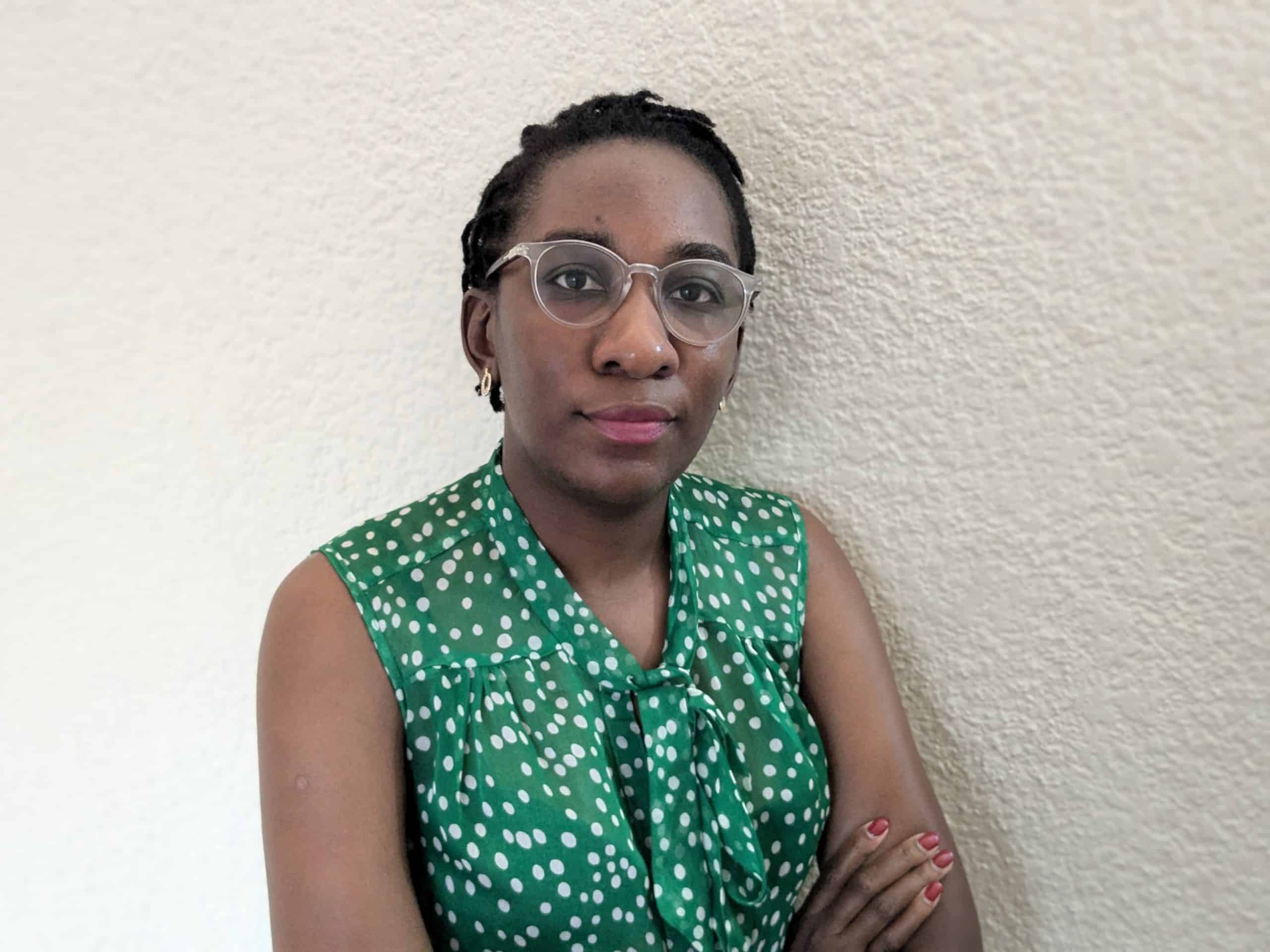Gugulethu Siso, Chief Executive Officer, Thumeza, on inclusive development and unleashing the economic power of the African woman.
In the dynamic world of African entrepreneurship, Gugulethu Siso stands out for her resolve and resilience. As the Chief Executive Officer of Thumeza, a fintech company serving the logistics industry, expanding its footprint across Africa through strategic partnerships such as the one with Lori Systems, Siso exemplifies the challenges and triumphs of navigating business as an African woman. Her journey is marked by a fearless approach to problem-solving, a keen eye for overlooked opportunities, and a relentless drive to uplift others. In a continent where identity and access to financial services often limit women’s participation in economic growth, Siso is not just breaking barriers — she’s creating new pathways for women to thrive in the entrepreneurial landscape.
- As a serial entrepreneur passionate about sustainable and inclusive development, what strikes you about the realities of founding and successfully running a business as an African woman?
A unique blend of audacity and resilience marks the African entrepreneurship journey. It takes audacity to challenge the status quo and navigate spaces where representation is limited. The key is to embrace failure, not as a setback but as a learning opportunity — don’t take it personally as hard as it may seem. Every venture should be treated as an experiment; start small, test in a controlled environment, and then scale up when proven successful. Also, don’t shy away from investing in opportunities. While prudence is important, sometimes you must take financial risks to unlock growth even though it may be uncomfortable.
- What inspired you to become an entrepreneur, and what hurdles along your journey taught you the most profound lessons about entrepreneurship?
My journey into entrepreneurship was inspired by a desire to solve everyday problems that have a significant impact on the daily lives of Africans. My first venture involved providing retail management solutions by servicing shopping trolleys for retail companies. This idea came from a personal frustration —walking into a store only to find malfunctioning or dirty trolleys. The trolley industry is part of the much-larger retail industry that in 2018 alone, had ZAR500 billion ($27 billion) in sales. This experience has shaped my approach to new ventures: identifying what impacts people’s daily lives but is often overlooked. This mindset has consistently led to solid, sustainable business models.
- An estimated 500 million Africans, many of them girls and women, lack proof of identity. Further, one billion women across the world, many of them in Africa, do not have access to formal financial services. What connections do you see between this and the limitations to women’s full participation in entrepreneurship and economic growth?
Lack of proof of identification and limited access to financial services are interconnected with the barriers to women’s participation in entrepreneurship and economic growth. Identification is the cornerstone of a citizen’s ability to contribute to economic activity, both within their home country and across borders. Without it, access to education, civic engagement, let alone participation in economic activities becomes even more difficult stifling the woman’s potential to contribute to their community and the greater economy. As a result, women without identification are more likely to face significant hurdles in accessing essential services like banking and formal employment opportunities excluding them from financial activities.
Loading...
- Studies have shown that Digital Public Infrastructure (DPI) can unleash women’s economic power by including them in the formal financial system. How can DPI be applied in the African context to empower more women, especially as entrepreneurs?
Digital Public Infrastructure can empower African women, especially entrepreneurs, by integrating them into the formal financial system. In contexts where many lack formal identity documents, community leaders like village headmen can verify identities at the grassroots level, enabling access to essential services. This process can be enhanced by digital blockchain-based identity systems, providing secure, decentralized identities for those excluded from banking due to lack of documentation. Combining community-led verification with blockchain technology can help bridge gaps in financial inclusion, empowering women to fully participate in entrepreneurship and economic growth.
- What systems do you think countries need to urgently put in place to advance efforts to empower women through business, and what would you say to young African women striving to succeed in business in the (temporary) absence of these systems?
Key to the need to empower women in business is through enforcing gender-based policies, particularly in procurement. Many countries already have policies that mandate a certain percentage of government contracts be awarded to women-owned businesses, but these need to be rigorously enforced and expanded.
For young African women striving to succeed in business, I would say, be resilient and resourceful. Network as much as you can as goodwill is what makes the world go round in business and that can only be leveraged from relationships. These relationships will then open doors in the form of new business opportunities, funding etc that may seem difficult to attain.
Loading...
